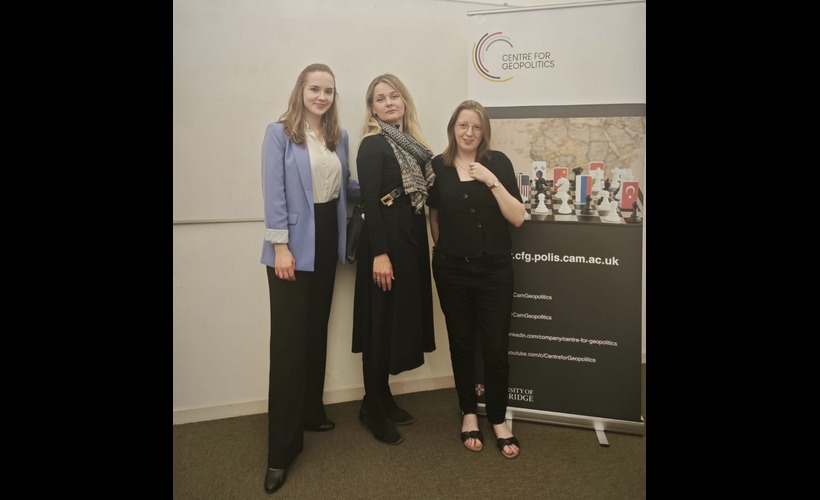Dr Ieva Birka is the Lead Researcher on two research projects being carried out at the University of Latvia Advanced Social and Political Research Institute. She holds a Ph.D. in Political Science from the University of Latvia, MSc with Merit in Russian and Post-Soviet Studies from the London School of Economics, and a BA in Political Science from the University of Rochester in the United States. She has previously completed post-doctoral projects at the University of Lucerne, and at the MacMillan Center for International and Area Studies at Yale University. Her work has appeared in the Journal of Ethnic and Migration Studies (JEMS), Patterns of Prejudice, Diaspora Studies Journal, Journal of Baltic Studies, and the Baltic Journal of Law and Politics, among others.
Her first research project, ‘Harnessing the Economic Potential of the Diaspora’ is focused on migration, circular migration, and return migration issues and the engagement of the diaspora. The aim of the research project is to contribute to the understanding of diaspora engagement by not only developing countries, but also developed countries, through providing specific knowledge that can be used by decision and policy makers in establishing and further implementing diaspora initiatives and programs. The project has three international cooperation partners – the Migration Policy Institute in the United States, the University of Adelaide in Australia, and the University of Maynooth Social Sciences Institute (MUSSI) in Ireland. Thus far, the project has produced five peer-reviewed publications, and Dr. Birka has consulted various governments, including the UK’s Foreign, Commonwealth & Development Office, on diaspora policy development.
Recently, her research has been focused on the Baltic Sea regions geopolitical aspects as they pertain to disaster preparedness and response. Within the scope of the yearlong Latvian Science Council’s funded project ‘Diaspora Diplomacy and the Global Pandemic’, an upcoming article will offer a systematic comparison of the Baltic and Nordic states consular response to the COVID-19 outbreak in order to illustrate the evolution of the relationship between the citizen and the state through the duty of care prism, and highlight issues of regional cooperation brought to the forefront by the pandemic.
In the future, the research team lead by Dr Birka aspires to receive funding for a three-year research project titled ‘Disaster Preparedness in the Baltic Sea Region’. The project would evaluate and provide guidance on how to improve the Baltic Sea region’s preparedness for and ability to respond to disasters by striving to understand how disaster preparedness is shaped by political institutions and processes. Building upon our previous work, evaluating the consular diplomacy response to COVID-19, which uncovered easily remedied constraints hampering effective response, and considering the heightened awareness of extreme risks posed by disease, climate change, biothreats, artificial intelligence, cyber threats, and infrastructure failures, we are interested and eager to advance disaster preparedness research in the Baltic Sea region.
In addition to her academic work, for the past five years Dr Birka has planned, organized, and implemented a project titled ‘Future Leaders Academy’ held at Stockholm School of Economics in Riga, aimed at education and motivating the young leaders of Latvia to take on a more active role in politics.







